Links to vets in Guernsey
Local useful links
Website donated by:
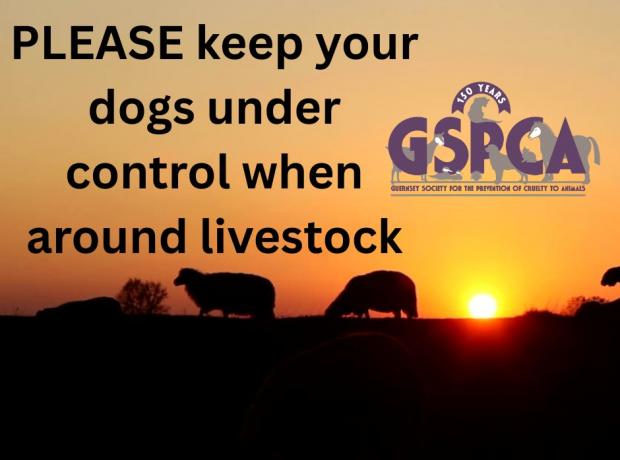
Every day the GSPCA help lost and stray animals and almost daily farm animals.
Some of these are due to dogs being walked worrying the herd or individual animals which can result in them being hurt or escaping.
With the larger farm animals we are called out to help everything from escaped horses to sheep in the road, cows in gardens to pigs out and about and many more.
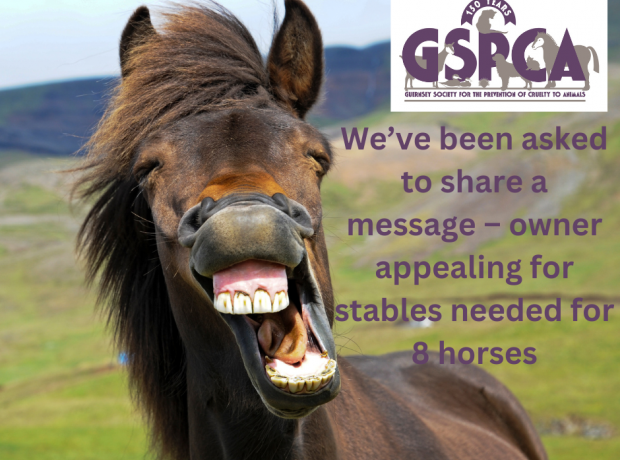
The GSPCA help all types of animals and assist their owners also in many ways.
We have been recently contacted in regards an owner of 8 horses that they are looking for stables for together.
They have asked the following ‘To all in the equine community on Guernsey, looking for stabling for my 8 horses with turnout ideally all to be kept at the same place rather than being split up, as they are a close family! Thank you in advance.’
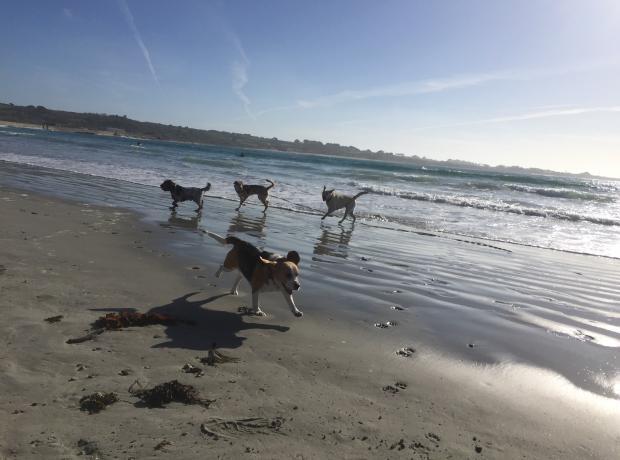
We are very lucky that most of Guernsey's beaches are dog friendly during the summer months. Saying this dogs are banned between 1st May and 30th September on the following –
Fermain
Petit Bot
L'Erée
Vazon (Northern end)
Cobo
Port Soif
L'Ancresse
Pembroke
Dogs are not permitted on Lihou Island and Lihou causeway all year round.
Once again we have been blessed with incredible weather during April, but sadly there are only days left on many beached that owners can take their dogs.
As usual from the 1st May until the 30th September the restrictions mean that dogs are not allowed on the following beaches between these dates –
Dogs are not permitted on Lihou Island and Lihou causeway all year round.
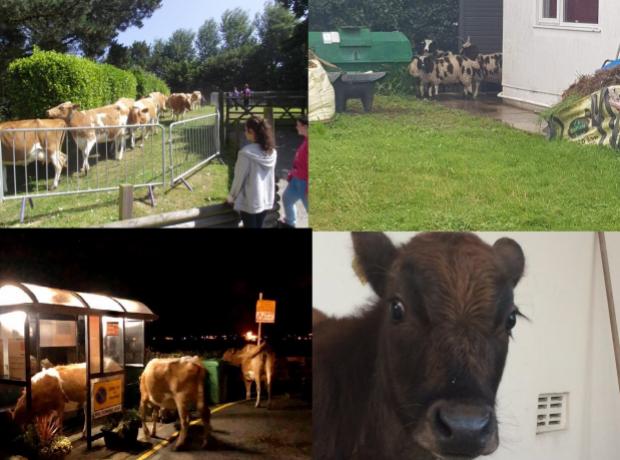
Almost every day (and night) our ambulance staff and volunteer wardens are called out to animals, especially cows, sheep and horses that have escaped from their fields and are loose on the Island’s roads putting them in grave danger.
Working at night to contain animals can be very dangerous for our volunteers who have been known to spend 2-3 hours trying to identify and locate owners and then wake them from their slumber so we can get the animals to safety.
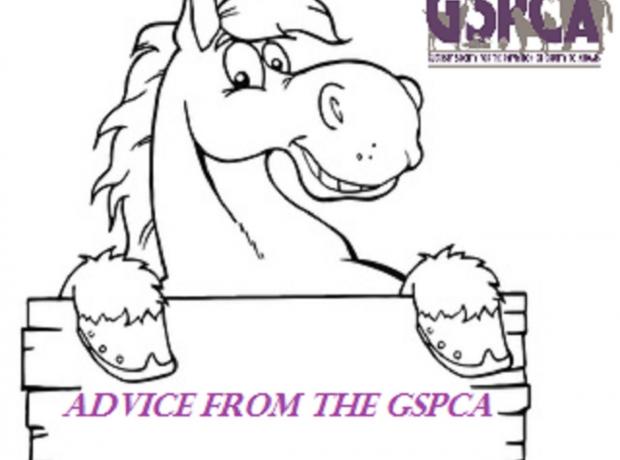
In Guernsey a case of Strangles has recently been identified and the GSPCA are asking all equine owners to take care to ensure their animals are kept safe and well.
Strangles is a commonly diagnosed infectious disease that affects all equidae worldwide. Caused by the bacterium Streptococcus equi.
The disease is highly contagious and is spread by direct or indirect contact. It can affect any age, sex or breed of horse and remains a widely feared disease because of its debilitating effects and its potential economic impact on equestrian businesses.
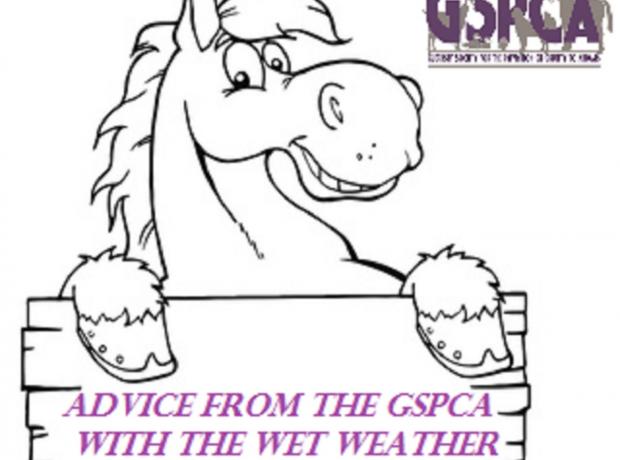
Each winter we see very wet weather and at the GSPCA each year we receive a large number of calls from concerned members of public about horses and other animals in wet and muddy fields.
With the wet weather we see at this time of year in Guernsey we want to help prepare those with animals in fields.
Sarah Creasey GSPCA Animal Welfare and Education Officer said "Each Winter we often see long sustained very wet periods with many animals being affected."
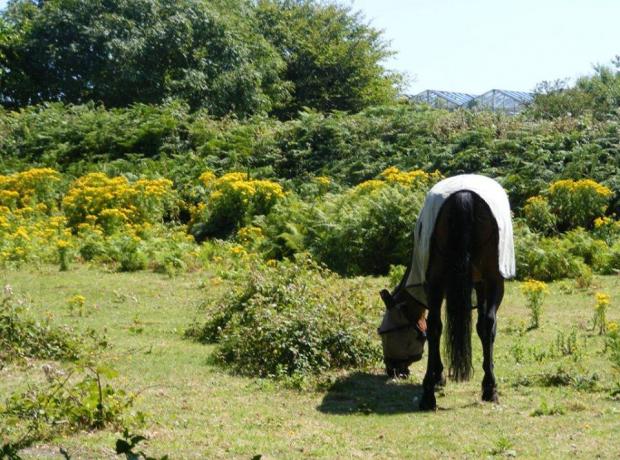
The GSPCA have been made aware of a number of concerns from the public regarding livestock that are on fields with or near a plant called ragwort which can cause them harm.
Recently David Chamberlain States Veterinary Officer has released some advice and we wanted to share this with you.
David Chamberlain States Veterinary Officer "Horses are grass grazing animals and preferentially eat grass."
"If little grass is available then they may start to eat other plants including noxious weeds such as ragwort."
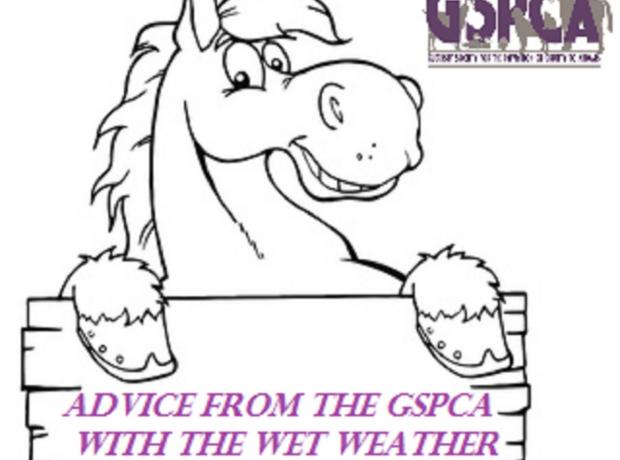
The last few Winters have been extremely wet and the GSPCA each year we receive large number of calls from concerned members of public about horses and other animals in wet and muddy fields.
Unfortunately due to the current wet autumn we are having to endure here in Guernsey we want to help prepare those with animals in fields.
Sarah Creasey GSPCA Animal Welfare and education Officer said "Last Winter we had long sustained very wet periods with many animals are being affected."


